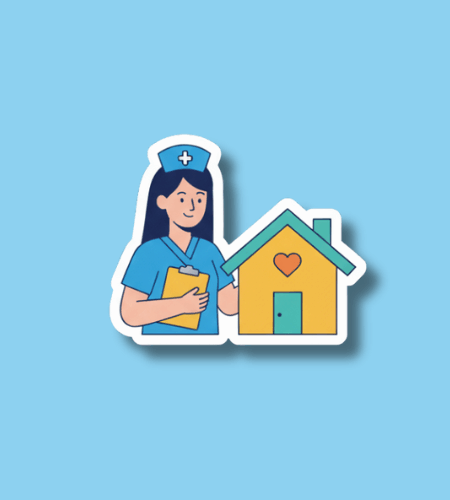The National Report Home Health Care Fraud Day on November 6 encourages vigilance against fraud in home healthcare services and urges the public to recognize and report suspicious activity.
Table of Contents
History of National Report Home Health Care Fraud Day
The observance was launched in 2017, established by The Hesch Firm, LLC (founded by attorney Joel D. Hesch) to draw attention to fraud in the home-healthcare segment of the Medicare system.
The day aims to help whistleblowers and the wider public recognize the various schemes that exploit homebound patients, improper billing, false certifications, and other abuses of the home health care benefit.
Why is National Report Home Health Care Fraud Day important?
Home health care is meant to support vulnerable individuals in their homes with medically necessary services. Fraud in this sector undermines patient safety, drains public funds, and reduces trust in care systems. The observance reminds us that fraud is not a distant issue—but one that has real implications for patients, taxpayers, and the integrity of healthcare.
By highlighting how to report fraud (including whistleblower channels), this day empowers individuals to act and helps protect the system from exploitation. It promotes transparency, accountability, and the proper use of resources so that genuine care is not compromised.
- It raises awareness that fraud in home health care happens, and isn’t always obvious.
- It signals to caregivers, patients, and family members to stay alert to inconsistencies or suspicious billing.
- It reminds healthcare agencies and providers that ethical compliance and documentation are vital.
- It encourages reporting of suspected fraud, thereby helping recover misused funds and deter further abuse.
- It helps protect the trust and safety of patients who depend on home-based services.
How to Celebrate (or Observe) National Report Home Health Care Fraud Day
Observing this day involves education, outreach, and taking concrete steps. One could review how home health care services are billed, check documentation, share information about fraud prevention and reporting, and encourage others to speak up if something seems wrong. It’s also appropriate to support safe, ethical care practices and the well-being of patients who rely on home services.
For example, consider arranging a small discussion or webinar with a patient advocacy group or healthcare staff about what constitutes legitimate home health care and what red flags to watch out for. You might share fact-sheets or social-media posts to spread awareness of how to report suspected fraud and why it matters.
- Review your home-health care service bills and reports to ensure accuracy.
- Learn about common fraud schemes related to homebound status, plans of care, and billing.
- Share social media posts or flyers to educate friends or family about the day.
- If you suspect fraud, report it to the appropriate agency, such as Centers for Medicare & Medicaid Services (CMS) or the U.S. Department of Justice (DOJ).
- Encourage conversations with caregivers or home-health agencies about transparency, documentation, and ethical service.
National Report Home Health Care Fraud Day Dates Table
| Year | Date | Day |
|---|---|---|
| 2026 | November 6 | Friday |
| 2027 | November 6 | Saturday |
| 2028 | November 6 | Monday |
| 2029 | November 6 | Tuesday |
| 2030 | November 6 | Wednesday |
Subscribe to our newsletter and never miss a holiday again!

